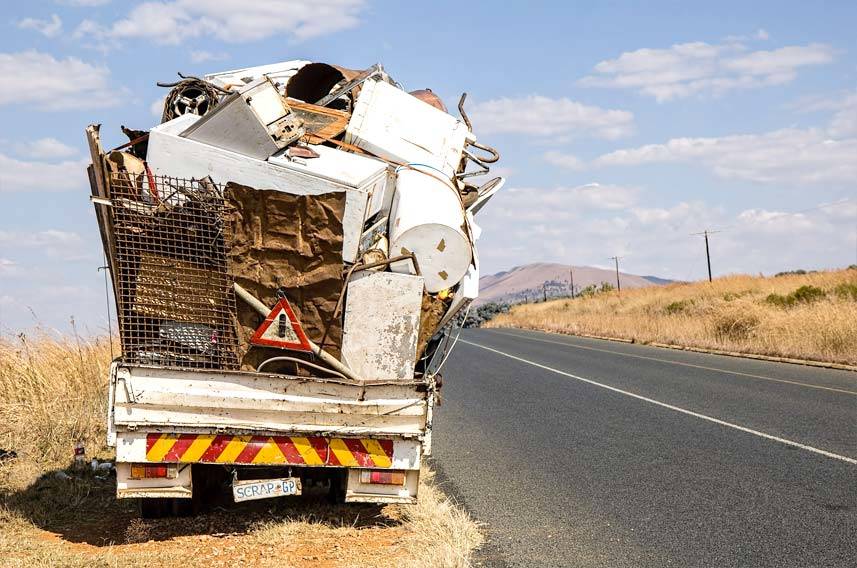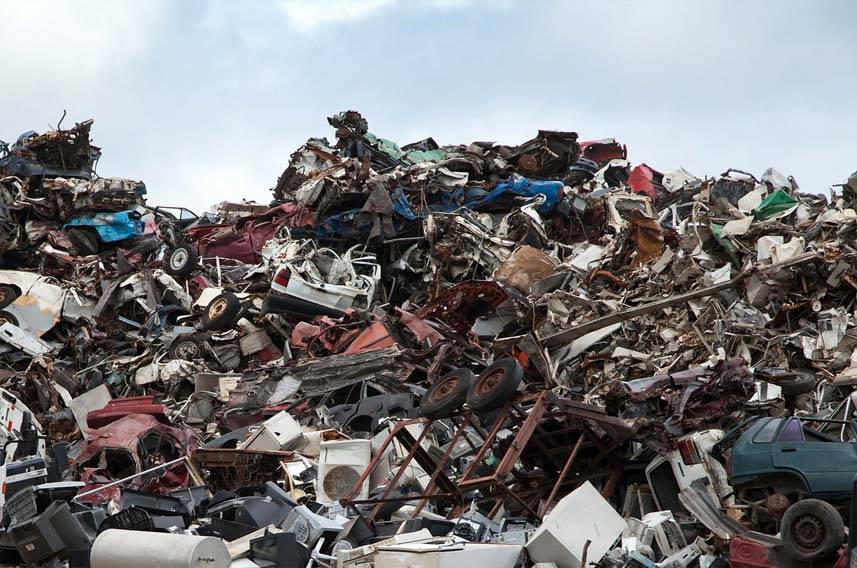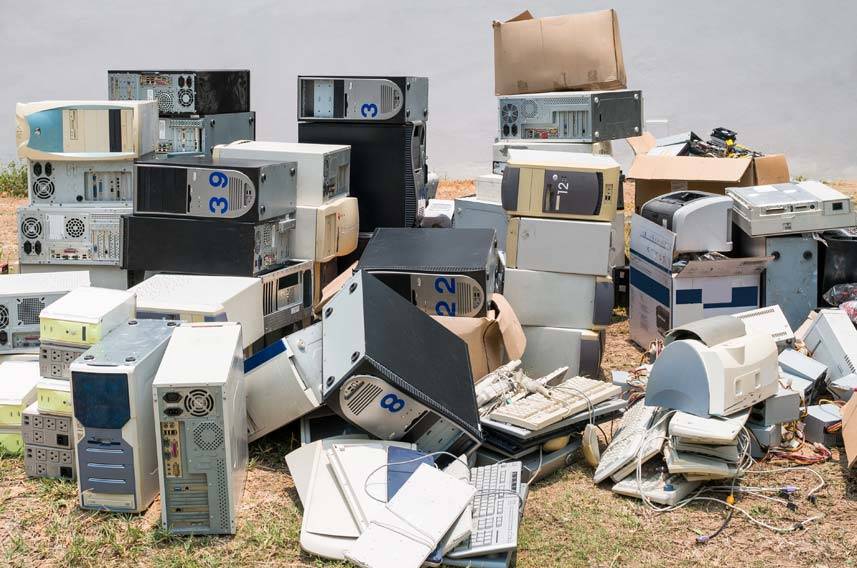We all know about the importance of recycling in this day and age. However, we tend to forget that electronics can also be recycled.
E-waste is a relatively new concept in the field of recycling, however it is becoming increasingly evident how critical recycling old electronics could be, especially in this era when gadgets and appliances are an integral part of our lives
Most electronic products contain a certain amount of metal, some of which could also be classified as heavy metal.
If these get irregularly dumped, they end up contaminating our soils and waters. Not to mention the plastics, cathode-ray tube screens, circuit boards and semiconductors, which contain dangerous substances such as selenium, lead and cadmium, to mention just a few!
All these are both harmful to the environment as well as to our health if they are not disposed of properly.
You might be amazed that an average household owns around 24 electronic devices, including appliances, televisions, computer equipment and cell phones.
Another interesting statistic is that in the UK, on average a person buys some three new electrical products annually. Just imagine the amount of waste that could end up in landfills, and how much would ultimately result in toxic waste!
Clearly, recycling old electronics is the way to go, and we all need to do our part in this!

Table of Contents
How can old electronics get recycled?
Different countries have different schemes and mechanisms, as well as laws regarding the disposal and recycling of electronic products.
There are various ways you can go about disposing of electronic waste, and we shall go over the most common ones in some detail below.
However, a word of caution – before taking any electronic products to be recycled, it is important to ensure that in the case of cell phones, tablets and computers, any personal data gets deleted off them.
Taking the devices to a recycler
There’s a good number of NGOs that offer electronics recycling services. Some will ask you to drop them off in a particular drop off point, while others might even have a schedule with collection days by city or state.

Donating electronic devices
In some cases you may wish to buy a new device just for the sake of being more technologically advanced.
The old gadget or device might still be in good working condition, and so someone else who may not be able to afford a brand new one might use it.
So, you may wish to consider looking up a charitable organisation, which might be interested in taking the device off your hands.
This is still a form of recycling as the product is still going to be kept away from landfills.
Give to tech firms
There are a number of companies, both manufacturers as well as retailers, who offer recycling programs.
This could be depending on the brand, or else there are a few who even accept a wide range of electronic items regardless of the brand name or where you had bought them from.
To give a few examples:
Apple products
Apple stores are willing to take back old Apple products. In some cases you even get something back in return, either in the form of gift cards or credit.
Dell
If you have an old Dell PC there is a mail-back service available.
HP
HP have a very broad range of take-back programs in place in different countries.
Canon
Recycle products against a very small fee.
Samsung
This brand has a take-back initiative for cell phones, as well as for some other devices.
LG
LG have some drop-off sites for their products and they also offer free packaging recycling.
Sony
Sony also have a number of drop-off spots and they offer free shipping labels for LG items as long as they do not exceed a certain weight.
Best Buy
Stores like Best Buy accept several types of electronics, regardless of the type and brand name. They also accept large appliances.
Staples
Just like BestBuy, Staples offer electronic recycling services for various kinds of items and brands.
Other recycling services
Batteries
Many supermarkets are offering battery collection points in their outlets for most alkaline batteries used in households. There are also various drop-off points in place in many countries.
Printer cartridges
Most printer manufacturers will willingly accept to take old cartridges for recycling.
Such take-back schemes have become common in many countries whenever one goes to buy a new cartridge.


